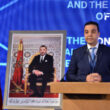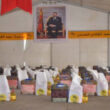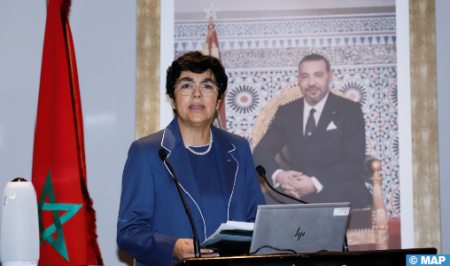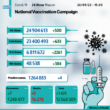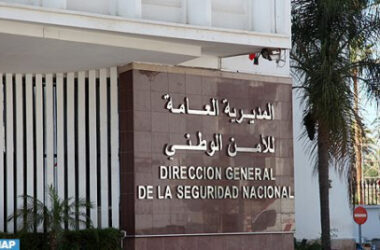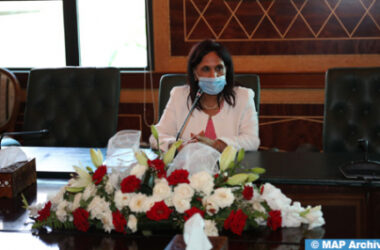The official spoke at the opening of “Leadership Masterclass 2022-2023”, an international meeting organized by the INTOSAI Development Initiative (IDI).
The “profound transformations that characterize the national and international conjuncture today constitute great challenges for decision-makers, managers of public affairs and control mechanisms,” she said, noting that these challenges must be met.
Among the main challenges, El Adaoui mentioned the repercussions of the global health crisis, the depletion of water resources, the deterioration of the environment due to climate change, the growing public debt and the sustainability of public finances. She also pointed to the digital revolution and the challenges it creates in terms of Big Data, artificial intelligence and Blockchain.
These transformations “prompt us to reflect on the new roles that supreme audit mechanisms must play to provide greater added value to citizens and all parties involved,” El Adaoui said.
The First President of the Court of Accounts invited SAIs to operate a “paradigm shift” in their strategic thinking to play roles of foresight to draw decision-makers attention to emerging issues.
These new roles should not replace the traditional missions of SAIs, which must be strengthened given their impact on improving the performance of the public sector and implementing the principle of accountability, she added.
El Adaoui also reaffirmed the determination of the Court of Accounts to strengthen joint action with its counterparts on issues of common interest by sharing experiences and best practices in public auditing.
Speaking through videoconferencing, IDI Director, Einar Gorrissen, stressed that “in recent decades, the world has been shaken by a financial and economic crisis, a pandemic, several natural disasters, and then, the unthinkable, a new war in Europe with global consequences.”
Gorrissen explained that to cope with rampant inflation, low growth or even food insecurity, many governments are questioning or reversing policy measures to achieve more sustainable development or to fight climate change and inequality.
“In this context, sound financial management becomes the keystone to weathering and overcoming the crisis in the best possible way to ensure more sustainable development,” he stressed, adding that public financial management must provide mechanisms to “collect, allocate, spend and account” for public resources in the “most objective way possible.”
“This implies good governance, strong institutions and adequate tools to encourage and implement reforms,” he argued, noting that some public financial management also requires “rigorous scrutiny.”
The three-day masterclass, held under the theme “SAIs and public financial management,” is attended by heads of SAIs from European and African countries and representatives of international institutions such as the International Monetary Fund and the World Bank.
The event features several presentations, discussions, and workshops moderated by international experts with extensive experience in the public sector.


